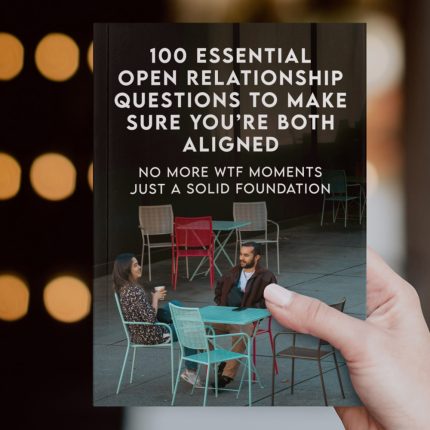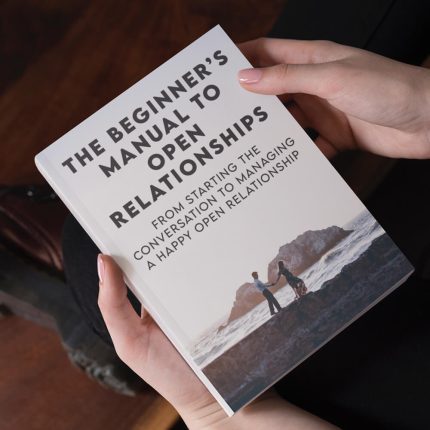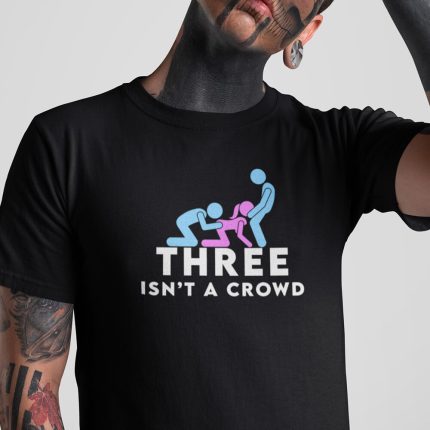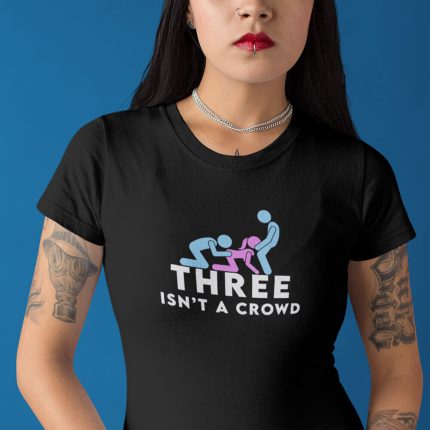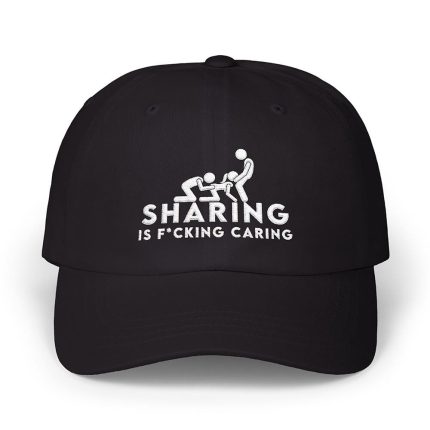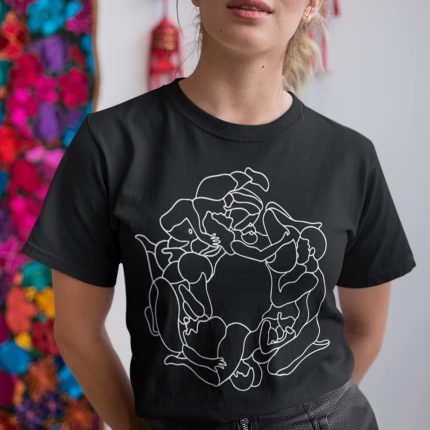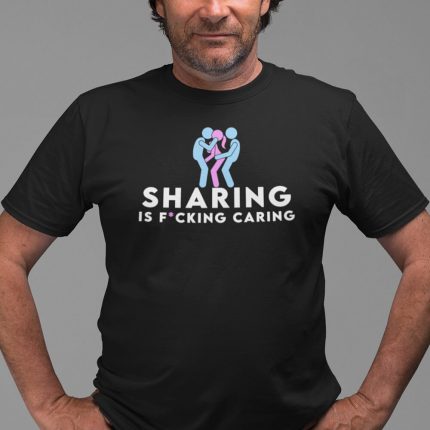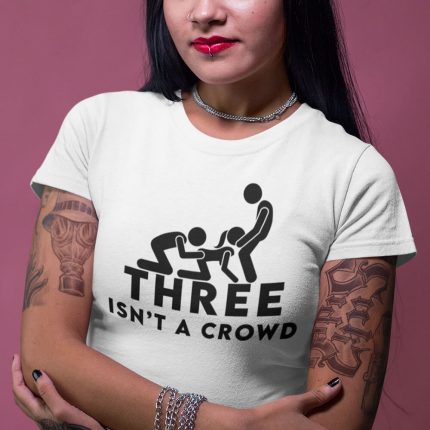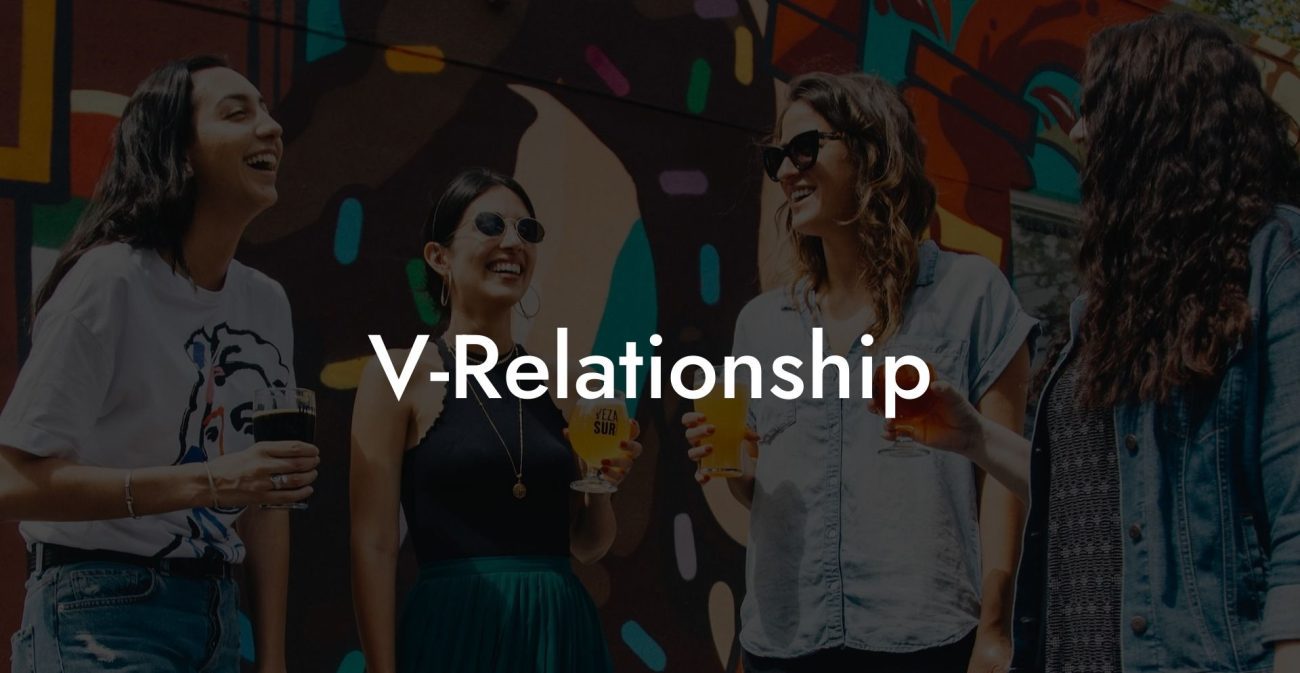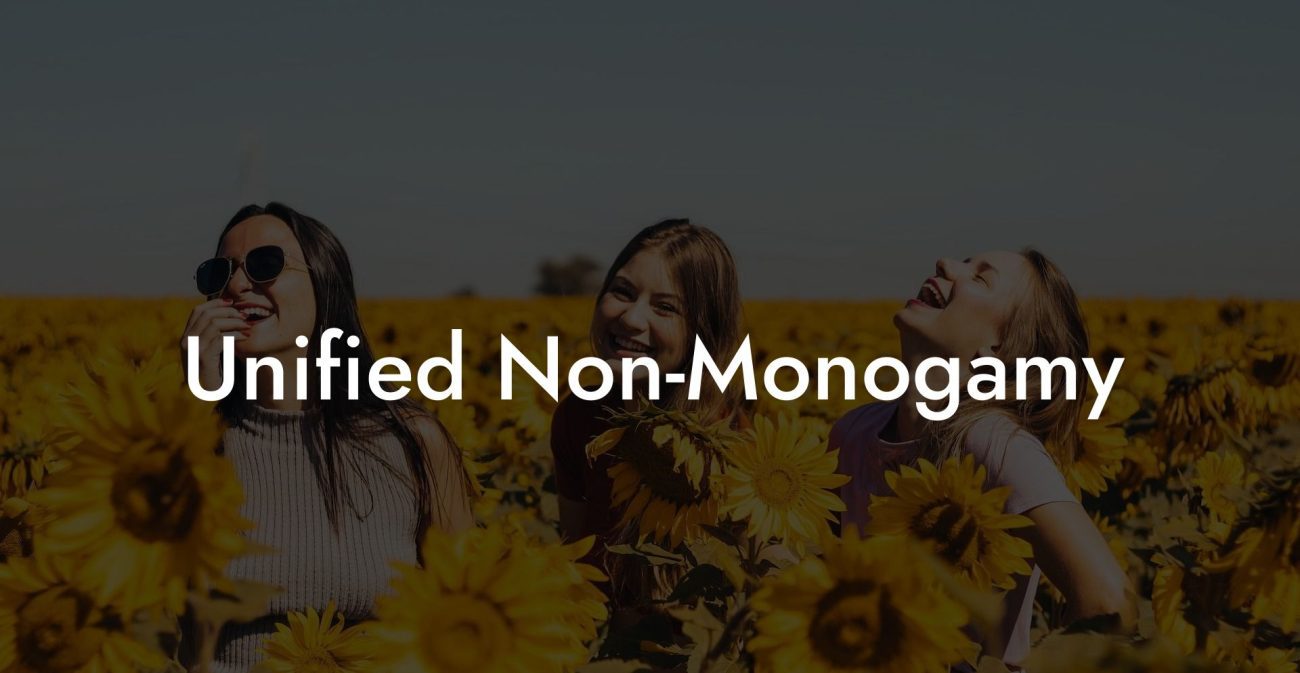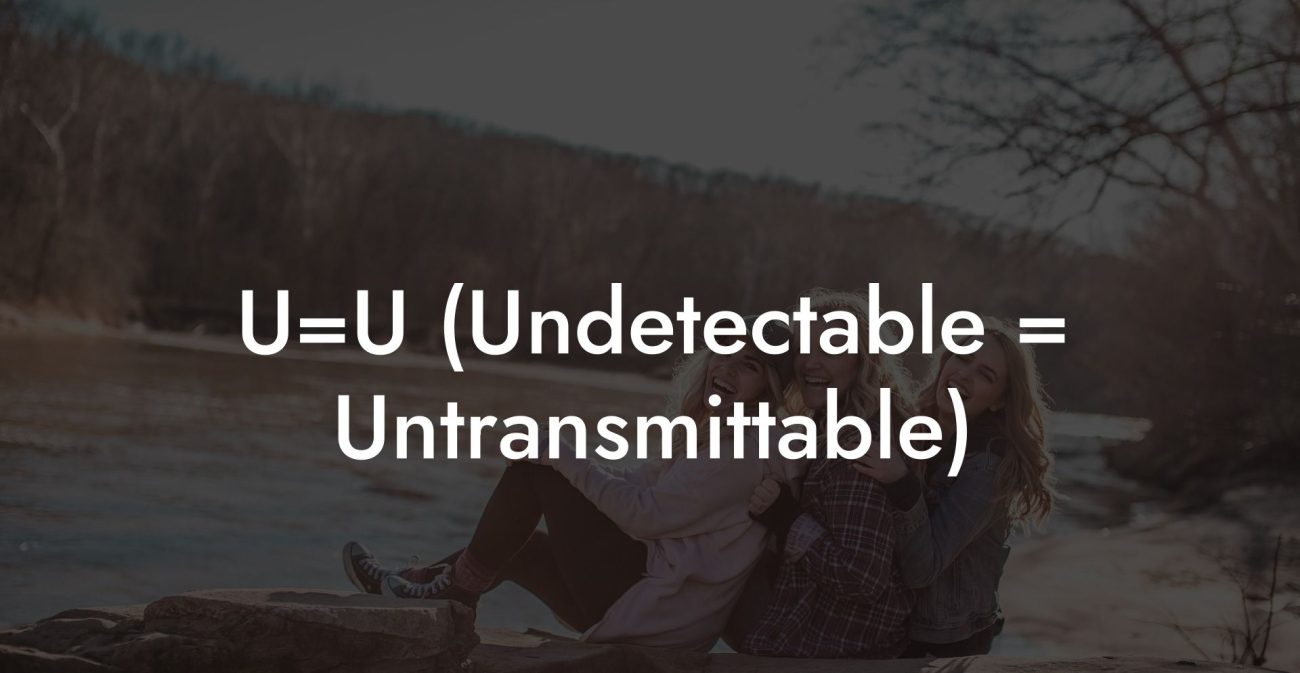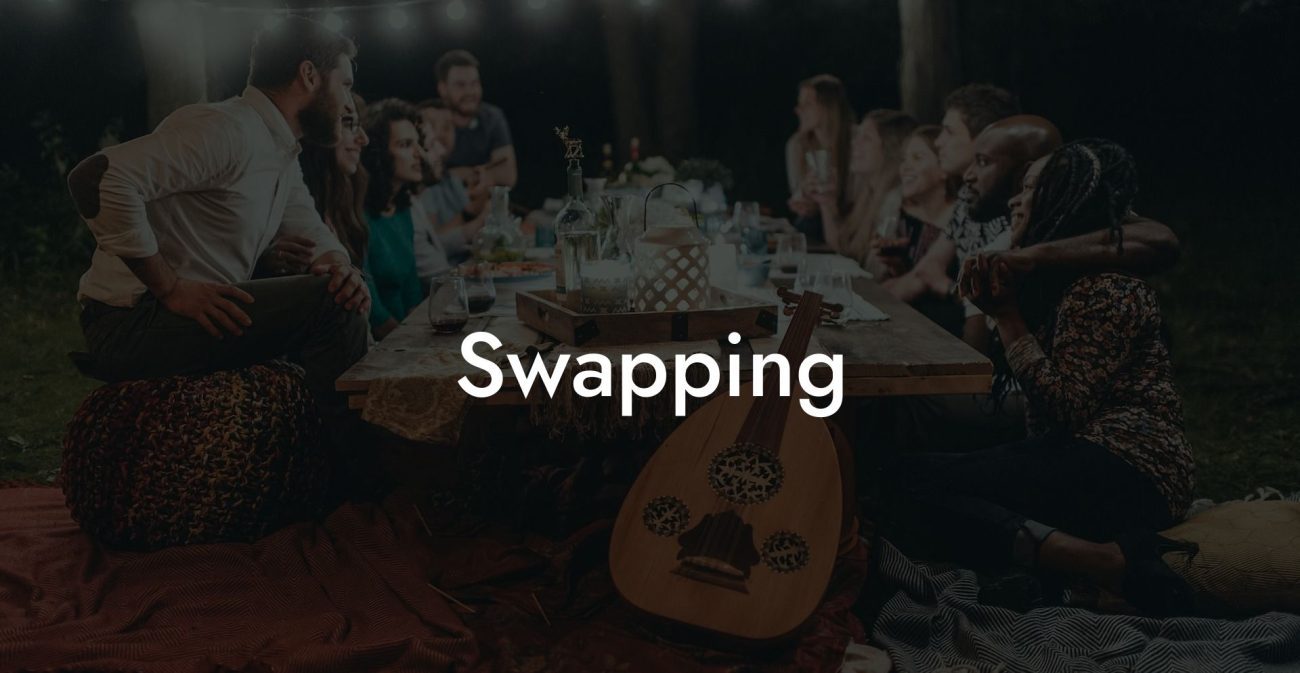Relational Equity
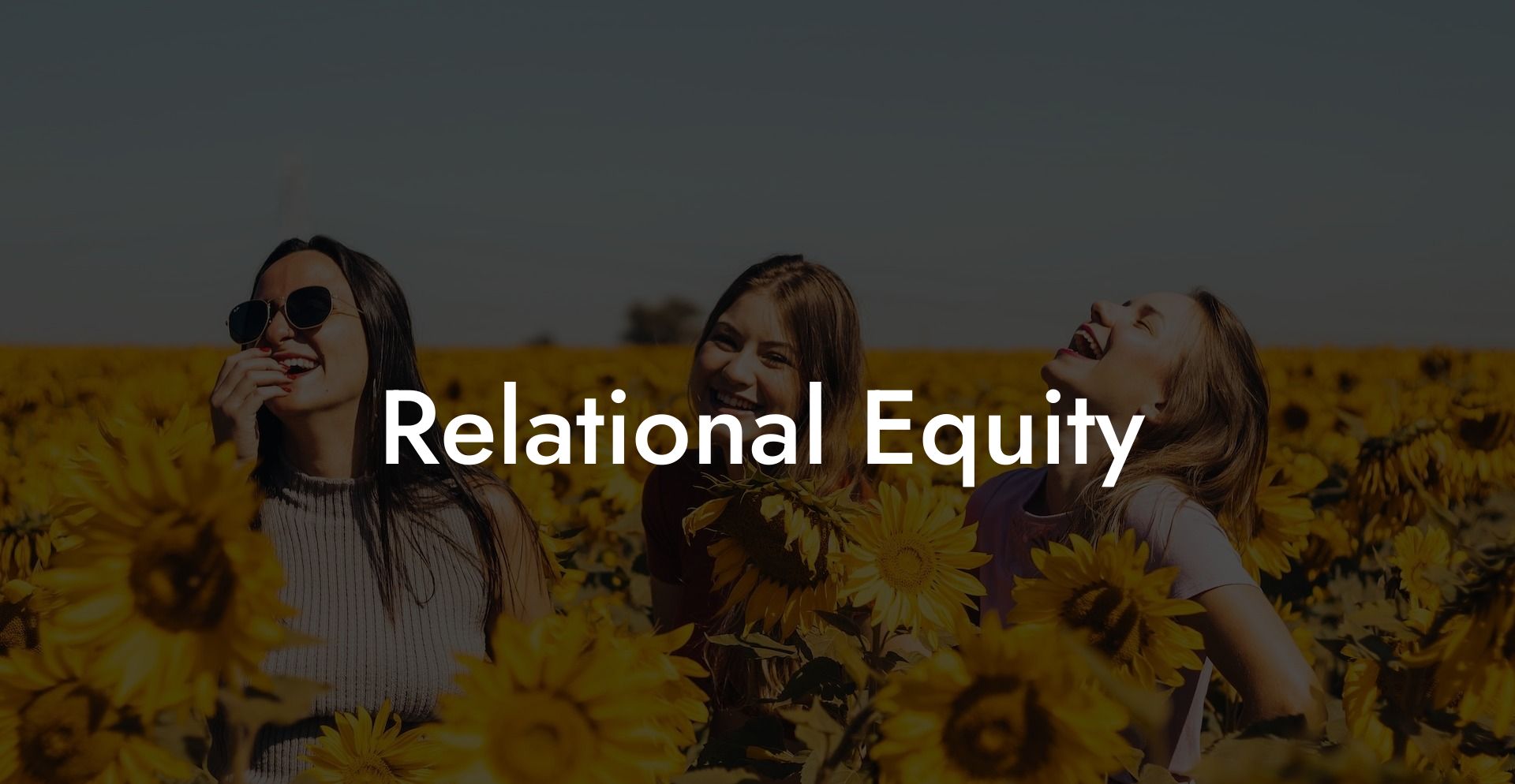
Imagine a relationship landscape where every connection is valued equally—a place where every partner’s voice matters and every bond is nurtured with fairness, transparency, and respect. Welcome to Relational Equity, a transformative concept in ethical non monogamy that redefines how love and connection are distributed among all parties involved. In this model, equity isn’t just a buzzword; it’s the foundation upon which healthy, thriving relationships are built. Relational Equity is about ensuring that every individual in your network is seen, heard, and supported—empowering you to create a love life where fairness and mutual respect are not optional, but essential.
Have you ever wondered if monogamy is just a stupid little experiment? Open relationships, polyamory, relationship anarchy...find out which relationship dynamic suits you best with our one minute relationship test. See if you are just conforming to "societal norms". Reveal your truth >>
Quick Links to Useful Sections
- The Ethical Non Monogamy Term: Relational Equity
- What Is Relational Equity?
- Core Principles of Relational Equity
- Historical and Cultural Perspectives on Relational Equity
- From Hierarchical Models to Shared Love
- Cultural Shifts in Modern Relationship Models
- Everyday Dynamics of Relational Equity
- Implementing Fair Practices in Your Relationships
- Using Technology to Support Relational Equity
- Benefits of Embracing Relational Equity
- Deeper Trust and Emotional Security
- Increased Personal Growth and Empowerment
- Improved Communication and Conflict Resolution
- Collective Resilience and Community Strength
- Challenges of Relational Equity
- Managing Complex Emotional Dynamics
- Balancing Individual Autonomy with Collective Needs
- Adapting to Evolving Relationships
- Navigating External Judgment
- Frequently Asked Questions (FAQ)
- Resources and Community Support: Your Next Steps
The Ethical Non Monogamy Term: Relational Equity
What Is Relational Equity?
Relational Equity is a framework that prioritizes fairness and balance within ethical non monogamous relationships. It emphasizes that every partner, regardless of their role or the nature of their connection, should be treated with equal respect and care. This concept challenges traditional hierarchies in relationships, advocating for a model where power, attention, and emotional resources are shared equitably. In practice, relational equity means that no one’s needs or contributions are overlooked—it’s about building a network where each connection is honored and every individual’s voice is valued.
In a world where love is often compartmentalized or hierarchized, Relational Equity offers a refreshing alternative. It calls for open dialogue, mutual accountability, and a commitment to fairness that ensures all relationships contribute to a collective sense of well-being. Whether you’re navigating a network of diverse partnerships or working to maintain balance within a single relationship structure, relational equity provides the tools and mindset necessary for building trust and promoting collective growth.
Core Principles of Relational Equity
- Fair Distribution of Resources: Emotional energy, time, and attention are finite resources. Relational Equity promotes the idea that these should be allocated fairly among all partners, ensuring that no one feels neglected or undervalued.
- Mutual Accountability: Every member of the relationship network is responsible for upholding the agreed-upon standards of respect, communication, and care. This shared accountability fosters trust and a sense of collective ownership.
- Open Dialogue: Transparent, honest communication is essential for maintaining fairness. Regular check-ins and discussions allow all partners to express their needs, adjust boundaries, and resolve conflicts before they escalate.
- Inclusive Decision-Making: Decisions affecting the relationship network are made collaboratively, ensuring that everyone’s perspective is considered. This participatory approach helps to dismantle traditional power imbalances.
- Adaptive Boundaries: Recognize that needs and circumstances evolve over time. Relational Equity encourages continuous renegotiation of boundaries to keep the relationship dynamic and responsive to each partner’s changing requirements.
- Empowerment Through Equality: When every individual is treated equitably, personal growth and mutual empowerment flourish. Relational Equity creates an environment where every partner can thrive both individually and as part of the collective.
Historical and Cultural Perspectives on Relational Equity
From Hierarchical Models to Shared Love
For generations, traditional relationship models have often been built on hierarchical structures—where one partner’s needs or status are prioritized over another’s. In many conventional monogamous relationships, cultural norms and societal expectations have reinforced power imbalances, leaving little room for equitable distribution of love and care. These models frequently perpetuated the idea that one person should be the primary focus, while others played secondary roles.
EXPLORE OUR ETHICAL NON-MONOGAMY & OPEN RELATIONSHIP SHOP
👨💻👩💻 Digital Store (Instant Download)
🍆💦 Clothing Store (Worldwide Delivery Available)
Real Men Share Pop Art T-Shirt (White)
$29.99Real Men Share Pop Art T-Shirt (Black)
$29.99It's Not Cheating If He Watches T-Shirt (Black)
$29.99Fuck Each Other Not The Planet Unisex T-Shirt (White)
$29.99Three Isn't a Crowd Unisex T-Shirt (Black)
$29.99I Love Watching Pop Art T-Shirt (White)
$29.99Sharing Is Caring Daddy Cap (Black)
$39.99Multiple Lovers - Sharing Is Caring Unisex T-Shirt (Black)
$29.99Sharing Is Caring Unisex T-Shirt (Black)
$29.99Fuck Each Other Not The Planet Unisex T-Shirt (Black)
$29.99Three Isn't a Crowd Unisex T-Shirt (White)
$29.99I Love Watching Pop Art T-Shirt (Black)
$29.99However, the rise of ethical non monogamy and alternative relationship structures has challenged these long-held assumptions. Early pioneers in polyamory and open relationships recognized that love is not a zero-sum game; rather, it is an abundant resource that can be shared equitably. They began to articulate a vision of relationships where fairness and mutual respect were paramount—an idea that laid the groundwork for the concept of Relational Equity.
As societal attitudes shifted during the sexual revolution and subsequent feminist and social justice movements, more people began to question traditional power dynamics in relationships. This cultural evolution paved the way for a broader acceptance of relational equity—a framework that not only honors individual autonomy but also insists on the fair distribution of emotional resources.
Cultural Shifts in Modern Relationship Models
In today’s globalized, interconnected world, the need for equity in all forms of human connection is more evident than ever. Millennials and Gen-Z, raised on values of inclusivity and social justice, are particularly drawn to models that challenge traditional hierarchies. The digital age has provided a platform for diverse voices and alternative narratives, making concepts like Relational Equity more accessible and widely accepted.
Modern relationship discourse increasingly emphasizes that love should be expansive, flexible, and fair. Relational Equity resonates with those who believe that every partner deserves to be treated with the same level of respect and care, regardless of the nature or duration of the connection. This inclusive approach not only enriches individual relationships but also strengthens the overall network of support that defines ethical non monogamy.
Everyday Dynamics of Relational Equity
Implementing Fair Practices in Your Relationships
Practicing Relational Equity in daily life means being intentional about how you distribute your emotional resources and ensuring that every partner feels valued. This process requires regular self-reflection, clear communication, and a commitment to collective well-being. Here are some practical strategies:
- Regular Check-Ins: Schedule routine conversations with all your partners—both one-on-one and in group settings—to discuss your emotional needs, provide feedback, and adjust boundaries. These check-ins act as the pulse of your relationship network.
- Collaborative Decision-Making: When making decisions that affect the group, involve all relevant parties. This can be done through group meetings or shared digital platforms where everyone’s input is valued.
- Transparent Sharing of Resources: Be mindful of how you allocate your time, attention, and emotional energy. Ensure that no one feels left out or overburdened by the dynamics of your relationships.
- Establishing Clear Agreements: Develop and document agreements that outline expectations and boundaries. Treat these agreements as living documents that are revisited and revised as necessary.
- Empowering Each Other: Celebrate the successes and personal growth of every partner. Recognize that when one person thrives, it benefits the entire network.
Using Technology to Support Relational Equity
In our fast-paced world, digital tools can be invaluable in maintaining equity across your relationship network. Consider using:
- Shared Calendars and Scheduling Apps: These tools help you coordinate quality time with each partner, ensuring that everyone gets the attention they deserve.
- Group Messaging Platforms: Use apps like WhatsApp, Slack, or dedicated relationship management tools to facilitate ongoing dialogue and collective decision-making.
- Digital Journals: Collaborate on a shared journal or document where everyone can record their thoughts, feedback, and suggestions for improvement.
Benefits of Embracing Relational Equity
Deeper Trust and Emotional Security
When every partner feels valued and supported, trust naturally deepens. Relational Equity creates an environment where you can be vulnerable without fear, knowing that your needs will be met fairly.
- Enhanced Trust: Consistent, equitable treatment builds a foundation of trust that strengthens all relationships in the network.
- Emotional Security: Knowing that every partner’s needs are considered helps create a stable, secure emotional environment.
Increased Personal Growth and Empowerment
Relational Equity empowers you to pursue your individual goals while also contributing to a collective sense of well-being. This balanced approach fosters personal growth and builds confidence.
- Greater Self-Awareness: Regular reflection and open dialogue help you understand your own needs and aspirations more clearly.
- Empowerment Through Shared Support: When every member of the network feels equally valued, it encourages mutual growth and empowerment.
Improved Communication and Conflict Resolution
Open, honest communication is at the heart of Relational Equity. By addressing issues proactively and collaboratively, you can prevent conflicts from escalating and ensure that every relationship remains healthy and balanced.
- Proactive Conversations: Routine check-ins help catch potential misunderstandings early and foster a culture of transparency.
- Constructive Feedback: A commitment to open dialogue allows for regular feedback, making conflict resolution more effective and empathetic.
Collective Resilience and Community Strength
A network built on relational equity is inherently resilient. When every partner is supported and empowered, the entire community becomes more robust and better equipped to handle challenges.
- Shared Strength: The combined support of an equitable network creates a safety net that can help you navigate life’s ups and downs.
- Unified Growth: As each individual grows, the overall network evolves, leading to a more adaptive and resilient community of love.
Challenges of Relational Equity
Managing Complex Emotional Dynamics
Balancing the emotional needs of multiple partners requires continuous effort and self-reflection. Ensuring that every connection is nurtured fairly can sometimes feel overwhelming.
- Tip: Engage in regular self-reflection and journaling to keep track of your emotional resources and ensure that you are meeting your own needs.
- Tip: Schedule routine check-ins with your partners to review and adjust boundaries, ensuring that no one feels neglected.
Balancing Individual Autonomy with Collective Needs
One of the core challenges of relational equity is balancing your personal independence with the collective needs of the relationship network. Conflicts may arise when individual desires clash with group expectations.
- Tip: Use open, honest dialogue to negotiate boundaries that respect both your autonomy and the collective goals of the network.
- Tip: Practice empathy and actively listen to your partners to understand their perspectives and find a balanced approach.
Adapting to Evolving Relationships
As your relationships grow and change, so too must your agreements and boundaries. Adapting to these shifts can be challenging, especially when you’re trying to maintain fairness and equity across the network.
- Tip: Regularly revisit your relationship agreements and be willing to make iterative changes to reflect your current emotional landscape.
- Tip: Embrace flexibility as a strength, and view changes as opportunities for growth rather than setbacks.
Navigating External Judgment
Despite progress in modern relationship models, traditional societal norms may still impose judgment on non-traditional dynamics. External criticism can sometimes lead to self-doubt or pressure to conform.
- Tip: Build a supportive community of like-minded individuals who share your commitment to relational equity.
- Tip: Focus on the personal and collective benefits of equitable relationships, and let external opinions fade into the background.
Frequently Asked Questions (FAQ)
1. What is Relational Equity in ethical non monogamy?
Relational Equity is a framework that promotes fairness and balance in the distribution of emotional, physical, and practical resources among all partners in a relationship network. It emphasizes open communication, mutual accountability, and inclusive decision-making to ensure that every individual’s needs are met.
2. How does Relational Equity differ from traditional relationship models?
Traditional models often prioritize one partner or rely on hierarchical structures, while Relational Equity advocates for a balanced, collaborative approach where every connection is valued equally and every voice is heard.
3. What are the core principles of Relational Equity?
Core principles include fair distribution of resources, mutual accountability, open dialogue, inclusive decision-making, adaptive boundaries, and empowerment through equality.
4. How can I practice Relational Equity in my relationships?
Start by scheduling regular check-ins with your partners, creating clear agreements about boundaries and expectations, and using open, honest communication to ensure that every individual feels valued and supported.
5. What benefits does Relational Equity offer?
Benefits include deeper trust and emotional security, enhanced personal growth, improved communication, effective conflict resolution, and a resilient, supportive network of relationships.
6. What challenges might I encounter with Relational Equity?
Challenges can include managing complex emotional dynamics, balancing individual autonomy with collective needs, adapting to evolving relationships, and navigating external societal pressures.
7. How important is self-reflection in practicing Relational Equity?
Self-reflection is crucial—it helps you understand your own emotional needs, track your growth, and ensure that you are contributing to the network in a way that aligns with your true self.
8. Can Relational Equity be applied to both monogamous and non monogamous relationships?
Yes, the principles of Relational Equity are universal and can enhance any relationship model by fostering a culture of fairness, transparency, and mutual support.
9. How do adaptive boundaries contribute to Relational Equity?
Adaptive boundaries allow your relationships to evolve naturally as your needs change, ensuring that every connection remains healthy, consensual, and supportive.
10. What role does open communication play in Relational Equity?
Open communication is the foundation of Relational Equity. It ensures that every partner’s voice is heard, that conflicts are resolved constructively, and that the collective network remains aligned and resilient.
11. How do collective decision-making processes enhance Relational Equity?
Collective decision-making ensures that every partner has a say in the relationship’s direction, promoting transparency, shared responsibility, and mutual empowerment.
12. Where can I find additional resources on Relational Equity?
Additional resources include books like The Ethical Slut by Dossie Easton & Janet Hardy, podcasts such as Multiamory, and online communities like r/polyamory that offer insights into creating fair, balanced relationship networks.
Resources and Community Support: Your Next Steps
- The Ethical Slut by Dossie Easton & Janet Hardy – A seminal work that explores ethical non monogamy and offers practical strategies for fostering relational equity.
- Podcasts: Listen to Multiamory and similar podcasts for personal stories, expert advice, and creative ideas on maintaining fairness and transparency in your relationships.
- Online Communities: Join forums like r/polyamory to connect with others, share experiences, and gain insights into practicing relational equity.
- Workshops and Webinars: Attend events on relationship psychology, ethical non monogamy, and collective communication to deepen your understanding and build a supportive network.
- Therapy and Counseling: Consider professional guidance if you need help managing complex emotions or navigating the evolving dynamics of your relationship network.
By engaging with these resources and incorporating the strategies outlined in this guide, you can fully embrace Relational Equity as a transformative approach to connection. Celebrate the power of fairness, nurture each relationship with transparency and mutual respect, and let your network of love evolve into a resilient, empowering community that enriches every aspect of your life.
EXPLORE OUR ETHICAL NON-MONOGAMY & OPEN RELATIONSHIP SHOP
👨💻👩💻 Digital Store (Instant Download)
🍆💦 Clothing Store (Worldwide Delivery Available)
I Love Watching Pop Art T-Shirt (White)
$29.99Fuck Each Other Not The Planet Unisex T-Shirt (Black)
$29.99Three Isn't a Crowd Unisex T-Shirt (White)
$29.99Real Men Share Pop Art T-Shirt (White)
$29.99I Love Watching Pop Art T-Shirt (Black)
$29.99Three Isn't a Crowd Unisex T-Shirt (Black)
$29.99Sharing Is Caring Daddy Cap (Black)
$39.99It's Not Cheating If He Watches T-Shirt (Black)
$29.99Fuck Each Other Not The Planet Unisex T-Shirt (White)
$29.99Real Men Share Pop Art T-Shirt (Black)
$29.99Sharing Is Caring Unisex T-Shirt (Black)
$29.99Multiple Lovers - Sharing Is Caring Unisex T-Shirt (Black)
$29.99Lost & confused by all of the terms, types and seemingly made up 3 letter acronyms?? We've got you. Check out our Ethnical Non-Monogamy Dictionary >>
Useful Interruption: Not sure which relationship vibe fits you best? Take our Relationship Test, it’ll give you the real insight into your natural relationship style. Then, dive into our binge-worthy guides (from the tried-and-true to the “wait, that’s a thing?”) and find the perfect relationship type for your life:
- Monogamy
- Open Relationships
- Ethical Non-Monogamy
- Solo Polyamory
- Non-Hierarchical Polyamory
- Hierarchical Polyamory
- Relationship Anarchy
- Swinging
Now back to the main article but yeah take the test...


